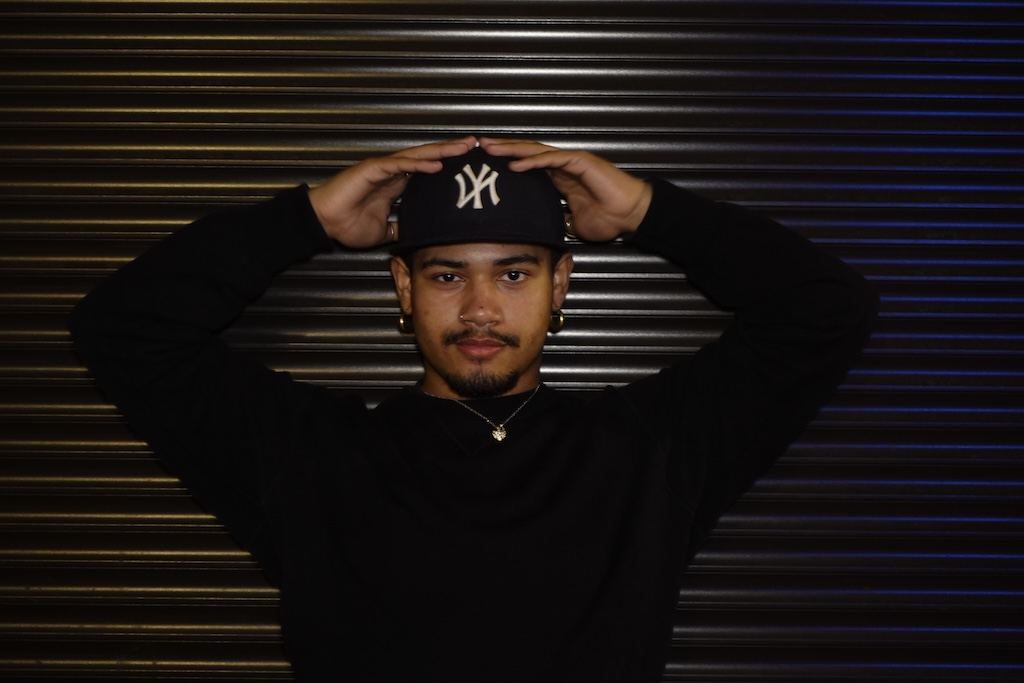Hey, I’m Carl, but in the ballroom scene, I go by Angel. I’m 19 and have been in Brussels for about a year and a half now.”
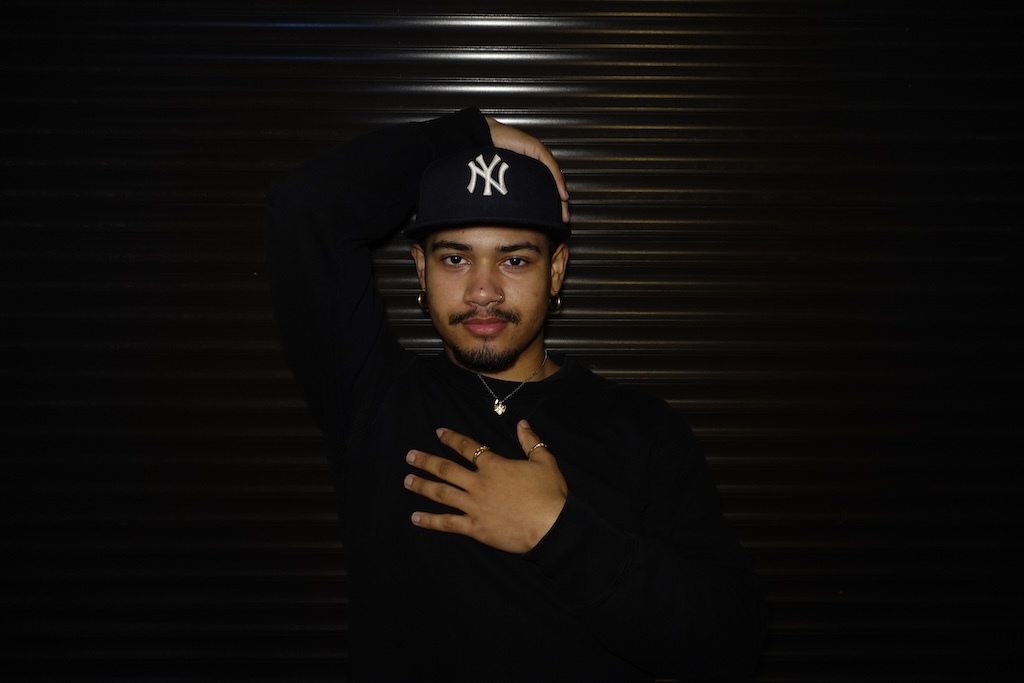
“I got a first glimpse into ballroom through the show Pose, as many other people have. That’s when I realized it’s where I belong. As someone who comes from Geneva, finding a community of queer people of color was rare, but it was something that I really needed at the time. When I moved to Brussels, I discovered this community here and knew I wanted to be a part of it. My friend Papi introduced me to open practices at the Bronx Theatre on Sundays and that’s how I got started. While there aren’t many Houses in Belgium yet, the scene is growing.”
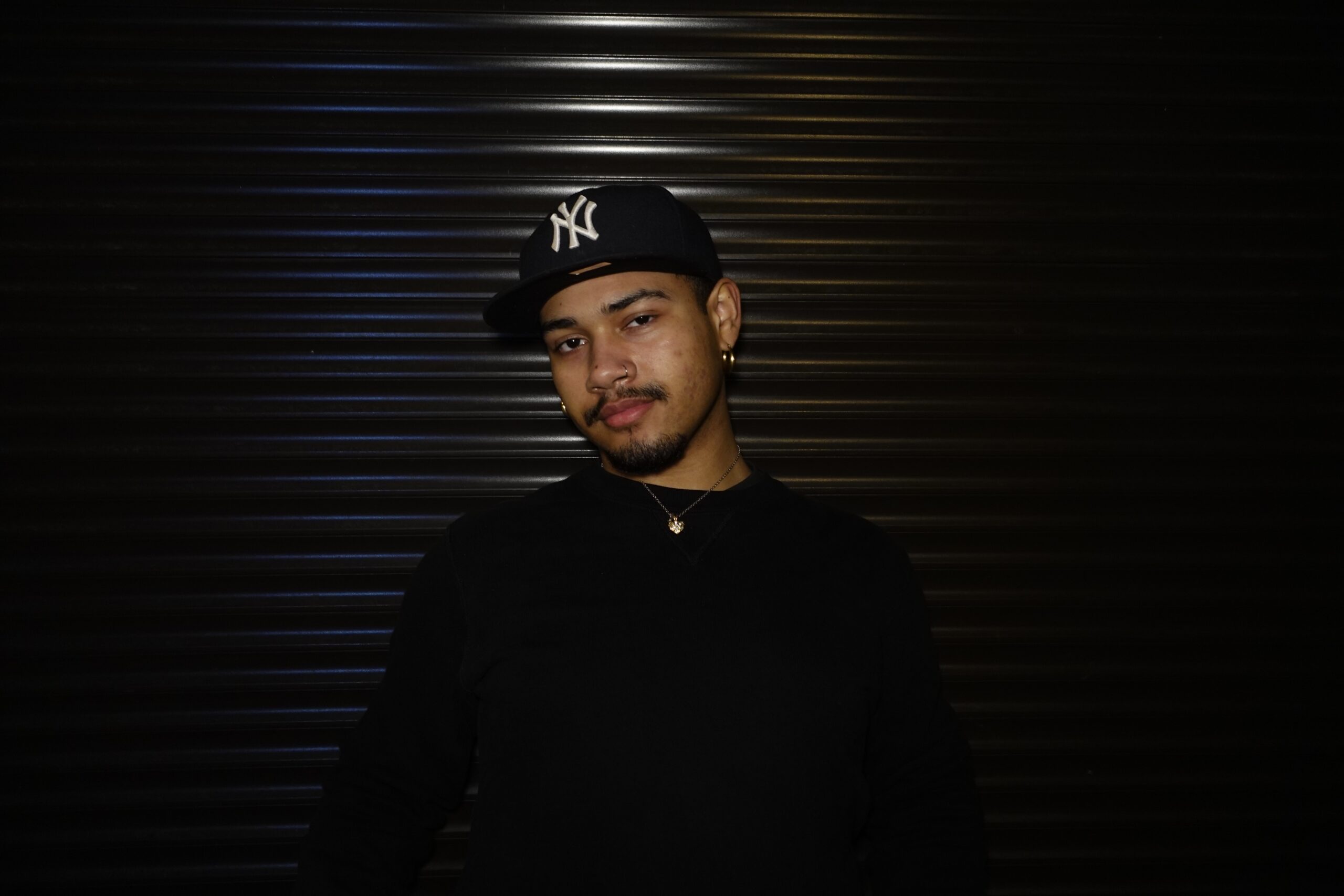
“My main category used to be Runway, then someone noticed my walk and suggested I try Sex Siren. It’s a category honoring prostitutes, stripteasers, and sex workers, many of whom are trans women. Now, it’s my main category. Other than that, I also vogue. For me, voguing is much more than just a dance—it’s a language. It’s about expressing yourself, feeling confident, and powerful.”
“Ballroom is not just dancing; it’s a whole subculture with values. It’s about caring for trans women and advocating for them, since ballroom would not have existed without their activism. Knowing the history of ballroom is therefore essential, as we cannot forget those who made it possible in the first place. Ballroom is also about putting marginalized people in the spotlight. It’s about claiming your space and feeling powerful.”
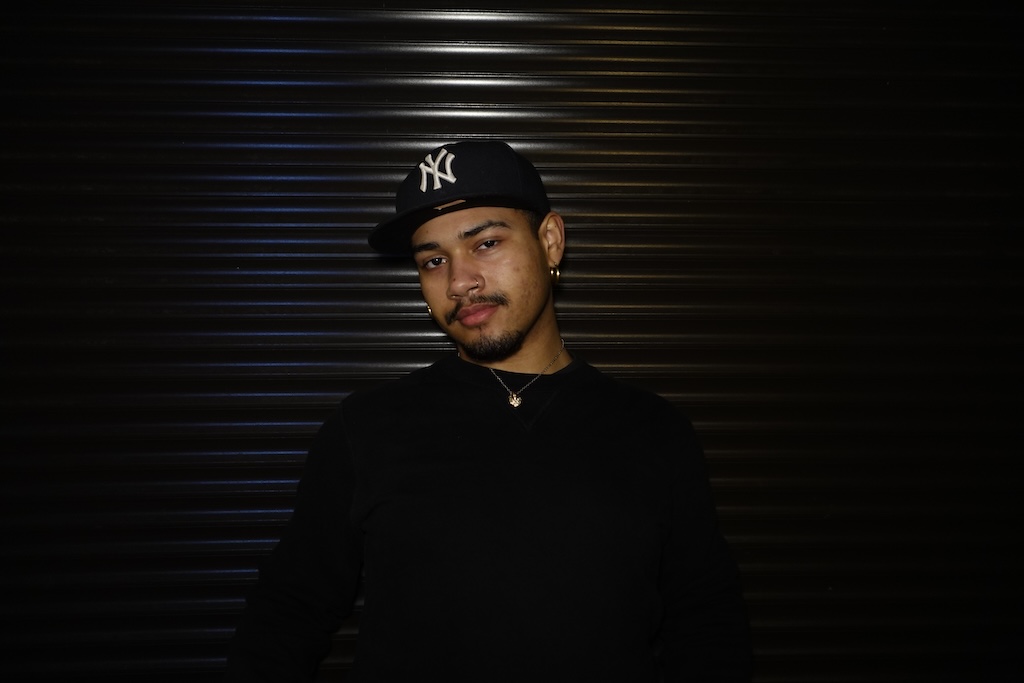
“The commercialization of ballroom concerns me. We need to protect its essence and authenticity. That’s why I’m part of Puss Academy, a collective aiming to educate and support those interested in ballroom. Knowledge is power, in ballroom and in life.”
“Outside the ballroom, there’s not much of a community, especially for queer people of color. That’s why the ballroom is so important; it’s a space by us, for us. It’s not just about voguing; it’s a community where we take care of each other. Ballroom is like another family to me. It’s where I feel safe and supported. It helps individuals gain confidence and find a chosen family, especially for those rejected by their biological families. The ultimate goal is to push ourselves in all aspects of life, not just in ballroom.”
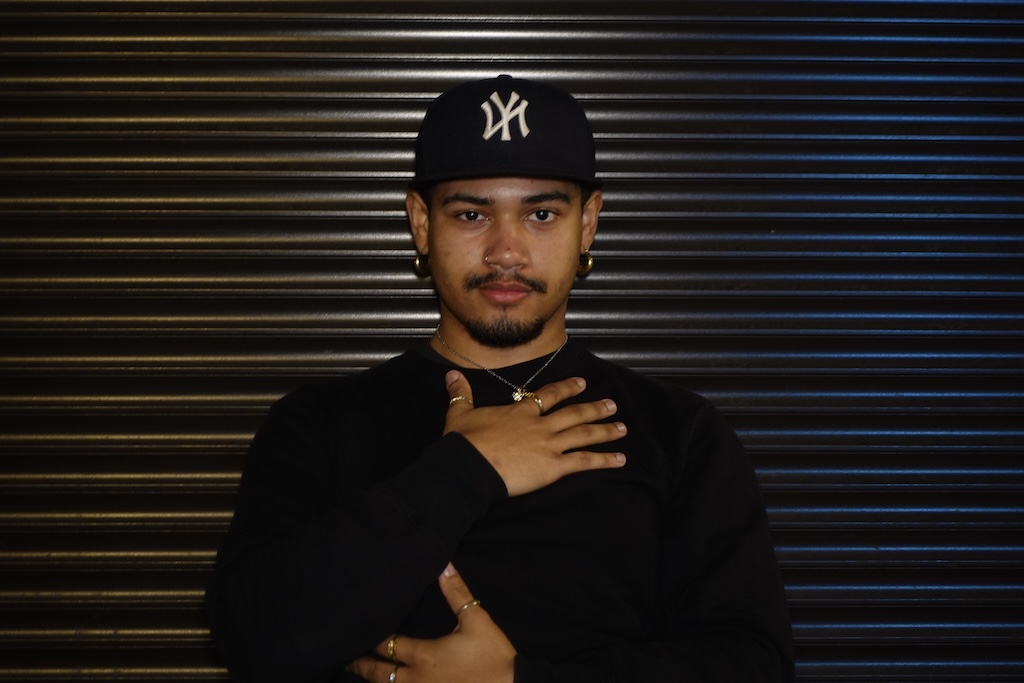
“For those interested, I’d say educate yourself on ballroom culture and history. Support the community financially and don’t be afraid to experiment. We all started somewhere. Stay informed, stay protected, and stay fab.”
You may also like
-

Laugh, Love, and Friendship: Atout Comedy Club Brings Queer Joy to Brussels
Forget Valentine’s Day clichés—this year, Brussels’ queer comedy scene is celebrating friendship instead of romance. On Friday, February
-

Motherland: A Chaotic Cabaret That Mirrors Belgium Itself
What if Belgium were a drag show?That’s the question at the heart of Mère Patrie, a
-

Adriano Selva: The Soulful Pop Dreamer Who Feels It All
In a world that often rewards detachment, Adriano Selva chooses to stand beautifully exposed. His
-

Splinters of Joy: Lylybeth Merle’s Eco‑Queer Fairy Tale of Transition and Healing
Lylybeth Merle’s new book Échardes (“Splinters”), out in February 2026, is a tender, defiant journey through gender,
-

Bad Bunny Makes Grammys History — and Turns the Stage Into a Political Movement
It was a night that rewrote the rules of pop culture — in Spanish. At

